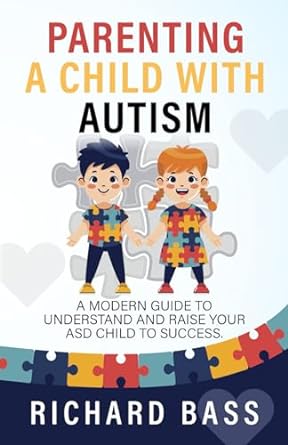Welcoming a child in need into a foster family is a deeply compassionate and demanding commitment. Understanding the unique challenges stemming from each child’s history and providing tailored support is essential. This article, a definitive guide for foster families, delves into the critical role of foster families, the challenges they face, and the most effective strategies for supporting these children towards a brighter future. Discover the keys to successful foster care for traumatized children and the resources available for effective support.
Understanding the Reasons for Placement: The Roots of Challenges
Children placed in foster care have often endured traumatic experiences:
- Neglect and abuse: Physical, psychological, or sexual abuse, experiences that leave deep scars and require specialized support.
- Severe family difficulties: Parental mental health issues, addictions, extreme poverty, all factors that disrupt a child’s development.
- Lack of family support: Parental death, incarceration, isolation, creating feelings of abandonment and insecurity.
These experiences can significantly impact a child’s emotional, social, and cognitive development. They may exhibit behavioral disorders, learning difficulties, attachment disorders, and trauma, necessitating a tailored therapeutic approach.
The Essential Role of the Foster Family: A Pillar of Stability
Foster families provide a stable, secure, and nurturing environment. Their role is to:
- Meet basic needs: Housing, food, care, education, ensuring the child’s physical well-being.
- Offer emotional support: Active listening, comfort, affection, building trust and security.
- Promote the child’s development: Encouraging learning, leisure activities, and social relationships, stimulating their potential.
- Maintain ties with the birth family: (When possible and in the child’s best interest): Organizing mediated visits, letter exchanges, preserving the child’s identity and history.
- Collaborate with child welfare professionals: Educators, psychologists, social workers, ensuring coordinated care.
The Specific Challenges of Fostering a Child in Need: Overcoming Obstacles
Fostering a child with a difficult past can present unique challenges:
- Behavioral disorders: Aggression, defiance, sleep disorders, eating disorders, requiring crisis management techniques.
- Relationship difficulties: Difficulty trusting, forming bonds, fear of abandonment, demanding an attachment-based approach.
- Learning difficulties: Attention disorders, learning disabilities, absenteeism, requiring personalized academic support.
- Trauma flashbacks: The child may relive past traumatic events, manifesting as anxiety attacks, nightmares, requiring trauma therapy.

Support Strategies: Tools for Success
To best support a child in need, it’s crucial to:
- Create a stable and secure environment: Establish routines, clear and consistent rules, providing a reassuring framework.
- Be attentive and available: Take time to talk with the child, understand their needs and emotions, fostering open communication.
- Show patience and understanding: Children in foster care need time to adapt and build trust, avoiding hasty judgments.
- Adopt a positive parenting approach: Encourage positive behaviors, value progress, building self-esteem.
- Collaborate with professionals: Child welfare professionals offer valuable support to the foster family and child, ensuring comprehensive care.
- Seek training and information: Training and resources are available for foster families, enhancing their skills.
- Practice self-care: Fostering a child in need can be demanding; foster families must have access to support and respite, preserving their well-being.
Professional Support: A Network of Assistance
Support for foster families and children is provided by various professionals:
- Child welfare social workers: They serve as the child’s and foster family’s point of contact, monitoring placements, organizing birth family visits, and implementing necessary assistance.
- Psychologists: They offer psychological support to the child and foster family, helping to overcome trauma and emotional difficulties.
- Specialized educators: They intervene with the child to help overcome challenges, developing social and behavioral skills.
Resources and Information: Where to Find Help
Many associations and organizations offer information and support to foster families:
- Departmental councils/child welfare agencies: Responsible for child protection.
- Foster family associations: Provide support and a network for exchange.
- Specialized websites: Offer information and advice.
Conclusion
Fostering a child in need is a significant commitment requiring dedication and adaptability. However, it’s also a profoundly rewarding experience that offers a child a brighter future. With proper support and professional assistance, foster families play a vital role in a child’s development. Join the network of foster families and provide a better future for a child. Contact your local child welfare agency for more information.












No Comment! Be the first one.